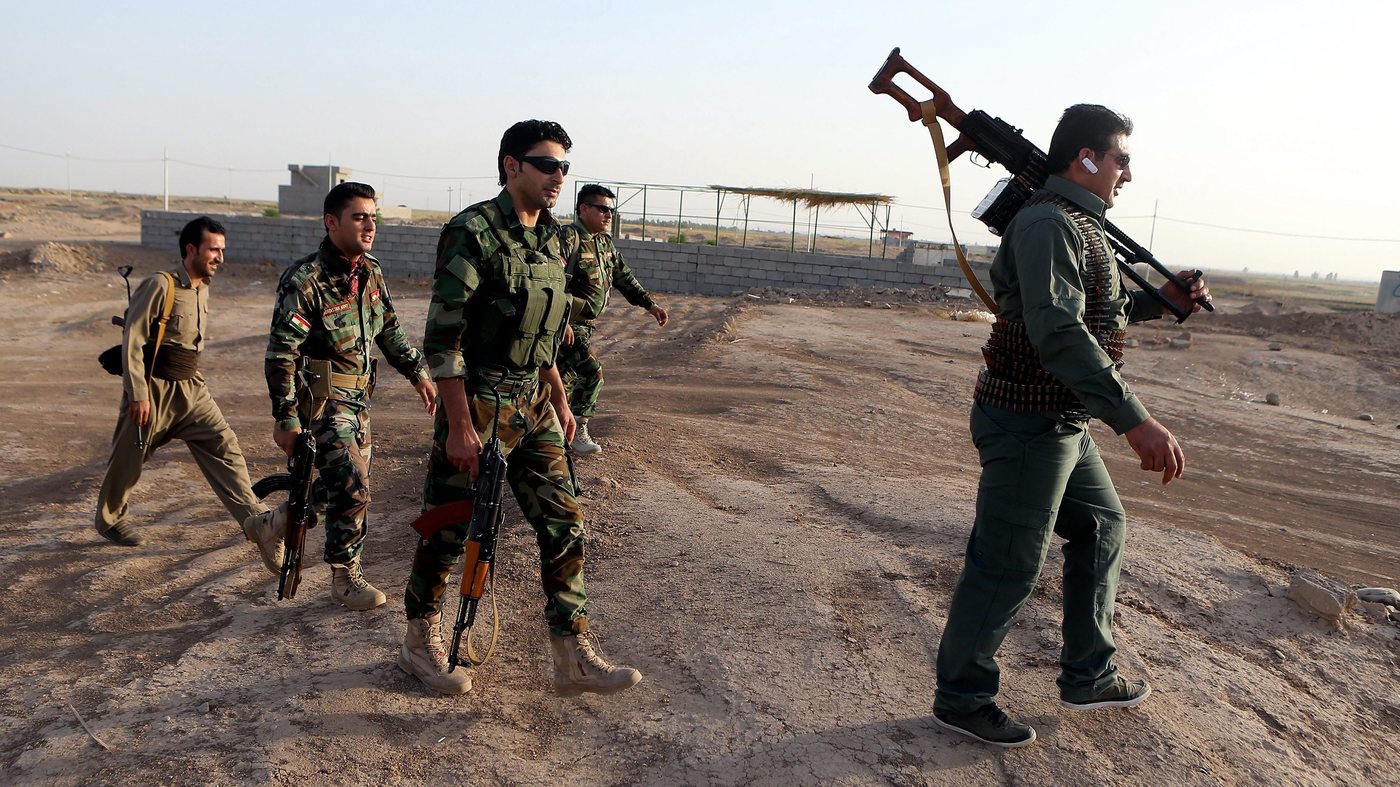The Syrian Democratic Forces (SDF) was created to support the Kurdish people, especially in the northern regions up to Idlib after the Syrian crisis in 2011 and one year after ISIS entered Syria. The number of these forces is estimated at about 18,000 highly trained Kurdish armed elements. During the eight years of the Syrian crisis, these forces have consistently stabilized in Kobani, as well as east of the Euphrates, Idlib, Qamshili and Huska. At the beginning of ISIS arrival in Syria, the forces of the Democratic Party and the Syrian government made a series of agreements that if the terrorist groups were suppressed and ISIS were expelled, the Kurds would be given kind of self-rule or autonomy.
For this reason, they joined the Syrian government forces to counter ISIS, Jibhat al-Nusra, Jaish al-Islam, Liwa al Tawhid and Faylaq al-Rahman as major anti-Kurd terrorist groups. Meanwhile, the Turkish government, especially after clearing Aleppo of terrorist groups, felt that the Kurdish democratic forces have been concentrated around the Turkish borders.
Therefore, the Ankara government occupied parts of Idlib in northwest Syria due to concerns about the military presence of the Syrian Democratic Forces.
As a result, clashes have taken place between the SDF forces and the Turkish government troops over the past two years, which have somehow subsided through the mediation of Iran and Russia. But recently, the SDF has announced that their demands for border control and the formation of an autonomous government have not been fulfilled. For the same reason, they once again have launched their military operations in Aleppo, Hamah, and Idlib.
In the case of the Syrian Democratic Kurds, the role of the United States can be examined; the United States and even the Zionist regime have a traditional supportive role about the Kurds. In recent years, during the Syrian crisis, US Marines trained Syrian Kurds in eastern Euphrates and around Raqqah, which has caused the outbreak of some disagreements between the United States and Turkey. The United States wants a Kurdish state in Iraq and Syria to be formed, and this is why it plays an important role in strengthening the status of Syrian Kurds.
On the other hand, the situation in Syria has already reached a peaceful point. At the same time, during the recent meeting between the Russian authorities, the Zionist regime and the United States in Tel Aviv, there was debate about the future of the Middle East, the situation in Syria and the forces in that country. But the Syrian Kurds believe that the Russians have played them and they do not acknowledge the right of the Kurds. They claim the Russian and Syrian governments have just used the Kurds as tools and with the approach of an end to the Syrian crisis they consider their mission to be over.
The Syrian Democratic Forces as the most powerful political-military party of the Syrian Kurds has once again raised the question of autonomy in the Kurdish populated regions of Syria.
It should not be disregarded that the administration of Bashar al-Assad has given a number of concessions to the Syrian Kurds over the past eight years, including the return to the Syrian Kurds of some of the confiscated lands in Qamshili and Huska, seized by the Ba’ath government. The Damascus government has also granted full Syrian citizenship to the Kurds. But this has been kept silent because of the concern of Bashar al-Assad government over the Turkish government’s response to the idea of Kurdish autonomy. Meanwhile, Syrian Kurds believe that the time has come for a Kurdish autonomous government in Syria similar to the Iraqi Kurdish autonomy region.
However, given the importance of the issue inside Syria or at the regional level and the sensitivity of the neighboring countries in this regard, it is imperative to find a suitable solution by emphasizing the independence and preservation of the territorial integrity of Syria.










0 Comments